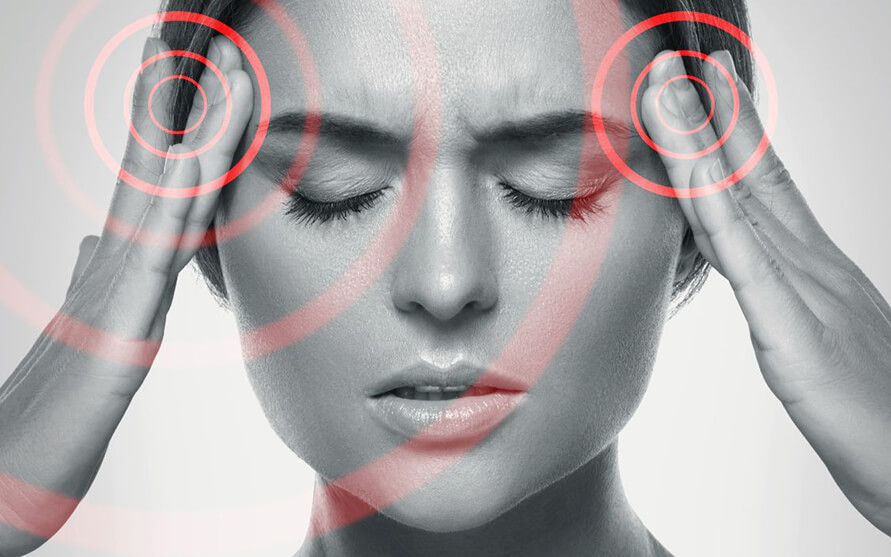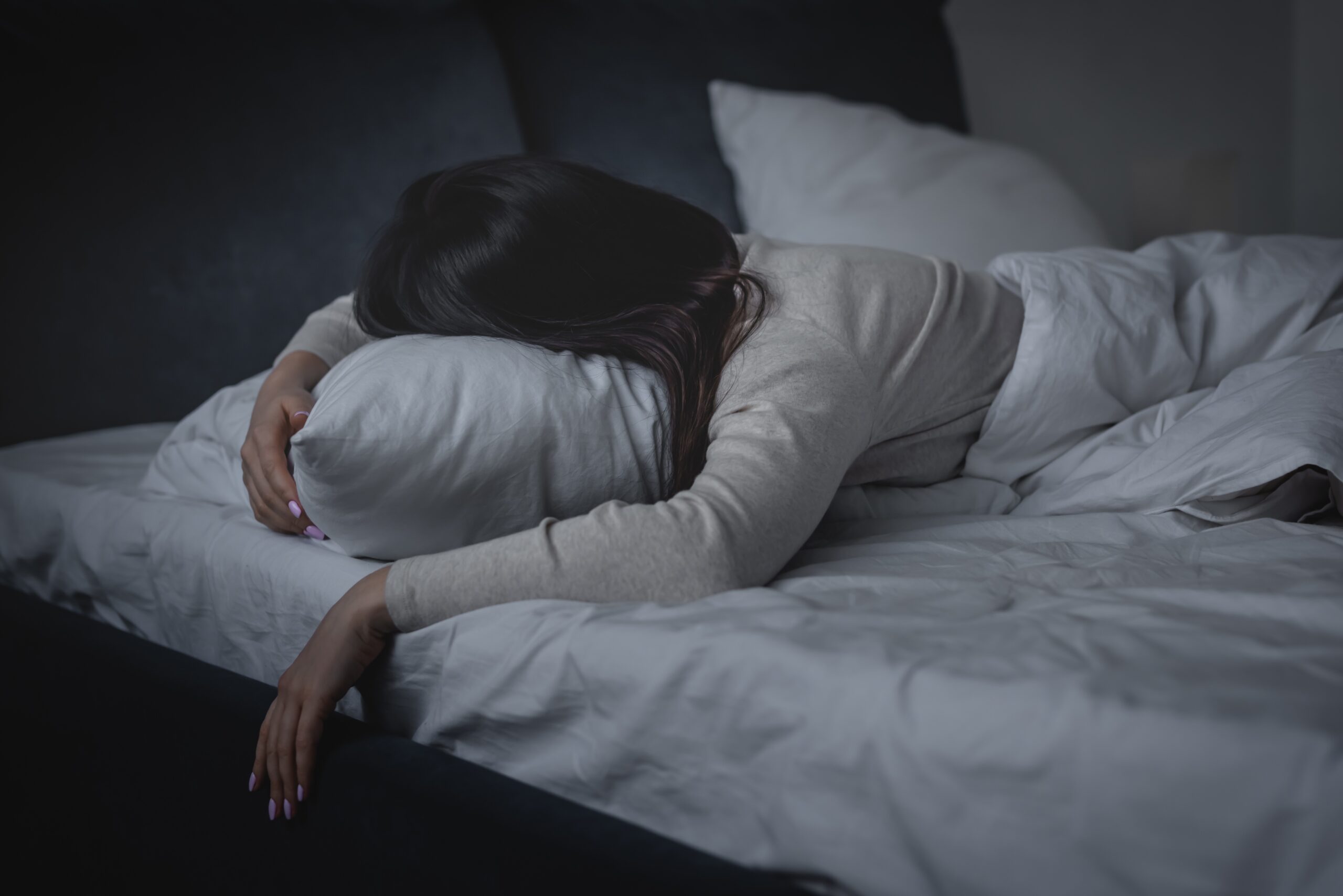Migraines affect people in different ways, just as they are triggered by different causes. However, one fact that cannot be disputed is that when they become frequent, your life will never feel the same again. How are you supposed to concentrate at work when you can hardly manage the pain? How will you participate in family activities with constant headaches? Understanding why migraines occur and what causes them is an important step to find the right treatment. Knowing how to avoid migraines and when to seek help will also assist in finding the right path to a migraine-free life.
What Triggers Migraines?
Although it is difficult to put a finger on what triggers migraines and headaches, scientists have established that they occur when there are changes in brain compounds and hormones. Excitable brain cells trigger chemicals such as serotonin. Serotonin is a chemical necessary for communication between nerve cells. Serotonin, though, also causes the narrowing of blood vessels throughout the body. Fluctuating estrogen levels in women is also known to trigger migraines which is why women get more migraines than men. When serotonin or estrogen levels change, the result may be a migraine for some people. As with many ailments or conditions, family history may be another factor behind migraines.
Risk factors for Migraines
Although anyone can have a headache that escalates into a migraine, some people are at a higher risk of experiencing migraines. The most vulnerable ones are those who are stressed or depressed. Stress negatively affects the body in many ways and may change the way the brain functions, too. People with bipolar disorder and anxiety problems are vulnerable. Other groups include people with an obsessive disorder, sleep disorders, irritable bowel syndrome, an overactive bladder, and fibromyalgia.
Managing Migraine
There is no particular cure for migraines because scientists have not established the real cause for imbalances in the brain. Because of that, many people rely only on oral medications that reduce the pain rather than cure it. You should be careful not to overuse medications because it can lead to more severe problems. Be aware that a rebound headache can be worse than the one you were trying to treat. Conveniently, there is a simple way to reduce the frequency of migraines using modern methods such as therapeutic Botox injections. If you have other conditions such as stress and depression, you may want to seek help for these conditions because, when they are managed, the headaches will ease.
If you are having severe migraine attacks, you should not stick to over-the-counter medications or home remedies as there may be serious problems behind it. The best option is to visit a professional who knows how to manage migraines. They will examine your condition, determine the cause(s), and provide a solution that will make your life much more comfortable than you can imagine.



